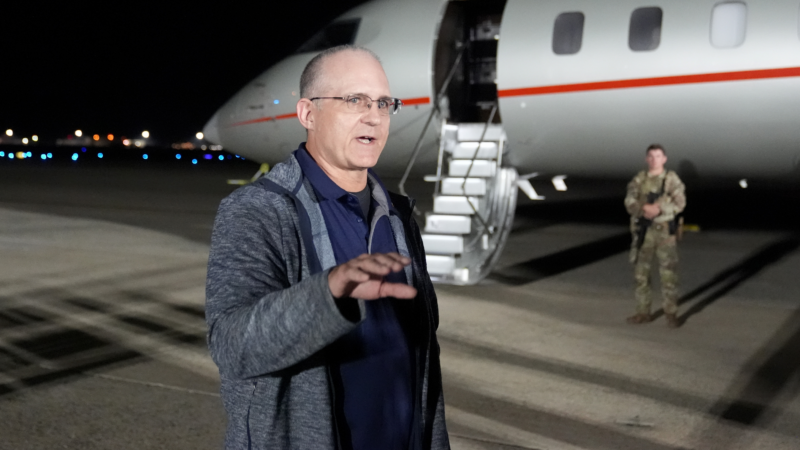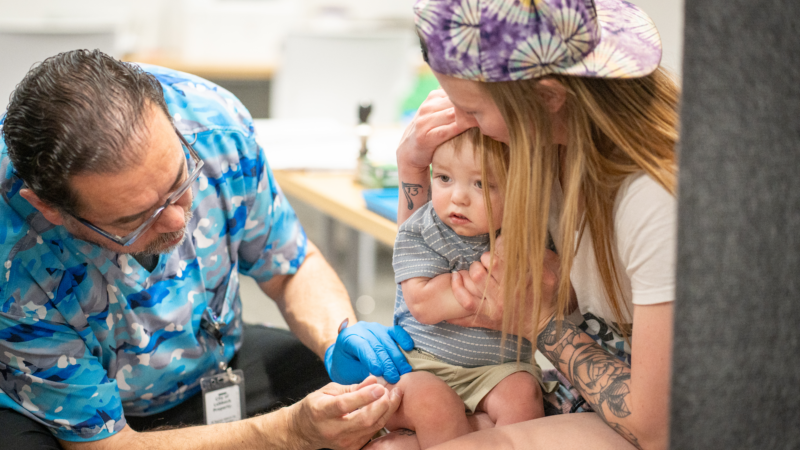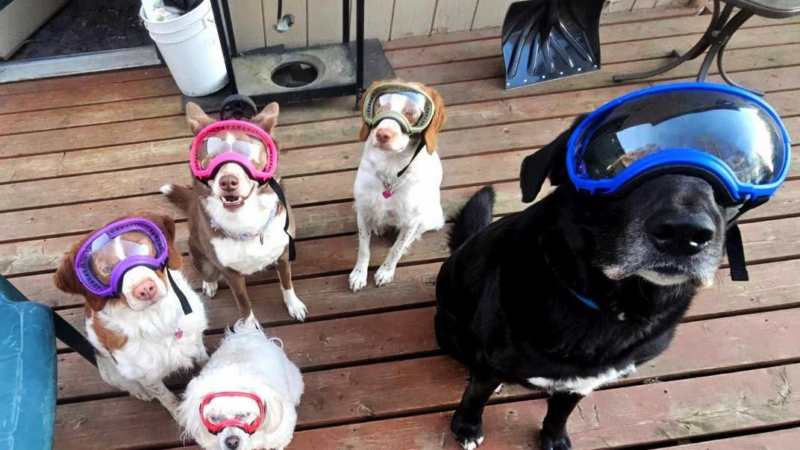Antidepressants harder to quit than heroin? Fact-checking RFK Jr.
During his Senate confirmation hearing to serve as Health and Human Services Secretary, Robert F. Kennedy, Jr. suggested antidepressant drugs may be as addictive as heroin — a claim contradicted by research.
Kennedy’s comment at Wednesday’s hearing was one of a number of controversial claims he has made about drugs and addiction.
Kennedy, 71, was a heroin user for more than a decade in his youth, which he speaks about frequently. He has been in recovery for 42 years he said in his second confirmation hearing on Thursday.
Though he lacks medical training, he has been a critic of antidepressant medications — a class of drugs called selective serotonin reuptake inhibitors, or SSRIs.
“I know people, including members of my family, who’ve had a much worse time getting off of SSRIs than they have getting off of heroin,” Kennedy said in the hearing.
Decades of research have shown SSRI use to be safe and effective, whereas heroin is highly addictive in almost all users.
“Antidepressants and heroin are in different universes when it comes to addiction risk,” says Keith Humphreys, who studies addiction at Stanford University. “In my 35 years In the addiction field, I’ve met only two or three people who thought they were addicted to antidepressants versus thousands who were addicted to heroin and other opioids.”
A study published in the medical journal the Lancet found significant withdrawal symptoms only affect about 1 in 35 people who use antidepressants. It is important to be in a doctor’s care when going off SSRIs and to taper off gradually.
Kennedy has made previous statements about his approach to recovery from addiction, promoting the concept of “healing farms,” where people struggling with addiction would live and work. Many who study substance-use disorders have expressed doubt about this approach as it focuses on the moral dimensions of recovery —- rather than harnessing medical best practices.
In his testimony, Kennedy said the addiction treatment incorporating outdoor work should be available to people with substance-use disorders, but no one should be compelled to go “kicking and screaming.”
Asia markets soar, after President Trump pauses global tariffs
Asia markets followed Wall Street's gains after Trump announced a pause on higher global tariffs, but investors are still looking to Beijing for reaction.
‘Black Mirror’ creator pulls from reality in dystopian season 7, out now
Black Mirror season 7 is out now on Netflix. Charlie Brooker, the show's creator, says he's "worrying in what I hope is an entertaining way" in an interview with NPR's A Martínez.
Where did U.S. humanities grants go? To projects from a baseball film to AI research
From AI research to historical preservation, programs funded by grants from the National Endowment for the Humanities reach every corner of the U.S. Now the government has terminated those grants.
A former hostage struggles with the return home
Paul Whelan was part of the largest prisoner exchange between the U.S. and Russia since the end of the Cold War. He says bureaucracy in the U.S still has him imprisoned.
As measles spreads, federal budget cuts force closure of vaccine clinics
Federal funding cuts, though temporarily blocked by a judge, have upended vaccination outreach across the country, including in Arizona, Minnesota, Nevada, Texas, and Washington state.
Doggles and dog booties: Anchorage residents prep pets for volcanic explosion
Mount Spurr, which scientists say is likely to erupt in the coming weeks or months, is about 80 miles west of Anchorage. But ash clouds could reach the state's biggest city.








